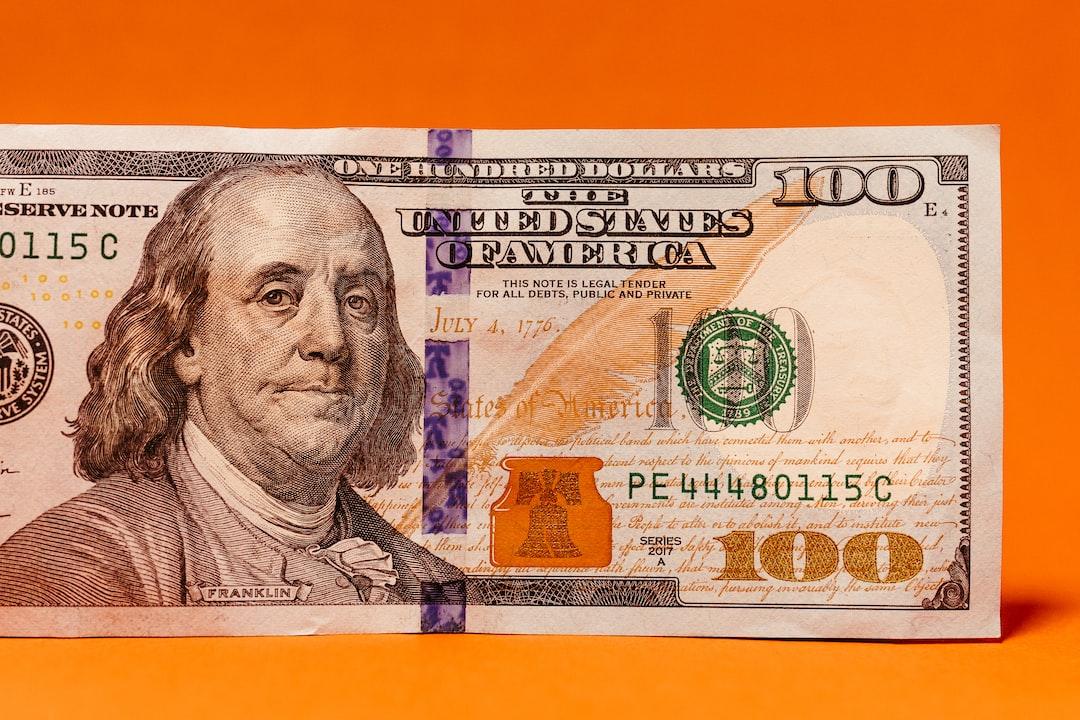Strengthening Regulation of Virtual Asset Services and Third-Party Payments
Taiwan is currently strengthening its regulation of virtual currencies to address the increasing number of virtual asset transactions and related criminal risks.
At 8 p.m. on July 16, 2024, the Legislative Yuan of Taiwan passed the third reading of amendments to certain provisions of the Money Laundering Control Act, bringing virtual asset service providers and third-party payment services under regulatory control.
In the future, any business or individual providing virtual asset services or third-party payment services must complete anti-money laundering and service capability registration or filing, or face severe criminal and administrative penalties.
According to the newly amended provisions, relevant operators who fail to complete anti-money laundering and service capability registration or filing, or whose anti-money laundering registration and service capability filing have been revoked or expired but continue to provide related services, will be subject to imprisonment of up to 2 years or a fine of up to NT$5 million.
Additionally, foreign operators who do not register a company or branch office in accordance with the Company Act and complete anti-money laundering and service capability registration or filing are also prohibited from providing related services within Taiwan.
For example, common overseas exchanges Binance and OKX, although there have been reports of plans to establish a presence in Taiwan, have not yet completed the Financial Supervisory Commission’s anti-money laundering registration. Once the amendments officially take effect, they must complete the registration or cease operations, with violators facing up to 2 years in prison.
However, whether the Taiwanese government can actually penalize foreign operators remains a significant question.
Furthermore, acts of impersonation, using false names to open accounts with financial institutions, virtual asset service providers, or third-party payment services, or obtaining and using others’ accounts through improper means, will be subject to imprisonment of 6 months to 5 years and a fine of up to NT$50 million.
What do lawyers think?
In the past, Taiwan’s regulation of the cryptocurrency industry was at the level of a declaration system, with violations resulting in administrative penalties. However, after the third reading of the amendments to the Money Laundering Control Act, failure to complete anti-money laundering registration will carry criminal liability.
Lin Shanglun, a senior lawyer with the cryptocurrency team at Hengye Law Firm, stated that there is a significant difference between the agencies that initiate administrative penalties and criminal investigations. This amendment includes criminal investigations, which is a crucial step for industry development and Taiwan’s next anti-fraud plan.
After the third reading, the scope of compliance for operators will include mechanisms for reviewing the listing and delisting of virtual assets, mechanisms to prevent unfair trading, separate custody of proprietary and customer assets, information systems and security, and wallet management mechanisms, which may increase compliance costs.
Additionally, whether foreign operators will establish a presence, operate, or promote in Taiwan in the future may also be affected by Taiwan’s regulatory approach.
Lin Shanglun also pointed out that Taiwan currently has high compliance requirements for cryptocurrency operators. If future judicial investigations can also be enhanced, such as adopting better tracking systems to trace financial flows, remittance dates, or even the relative locations of wallet holders, it will also increase the chances of catching money laundering accounts and effectively prevent fraud in Taiwan.
Increased Penalties for General Money Laundering Offenses
In addition, this amendment also revises the penalties for general money laundering offenses.
Legislator Huang Guochang of the People’s Party pointed out that the current Money Laundering Control Act does not distinguish between the amounts or property benefits involved in money laundering, uniformly stipulating imprisonment of up to 7 years. However, to effectively deter major money laundering offenders, particularly organized and long-term money launderers, the People’s Party caucus proposed amendments to the Money Laundering Control Act.
According to the provisions passed in the third reading, those who engage in money laundering activities listed in Article 2 of the Money Laundering Control Act will face imprisonment of 3 to 10 years and a fine of up to NT$100 million.
Article 2 of the Money Laundering Control Act:
1. Transferring or changing specific criminal proceeds with the intent to conceal or hide the source of the proceeds or to help others evade criminal prosecution.
2. Concealing or hiding the nature, source, destination, location, ownership, disposal rights, or other rights of specific criminal proceeds.
3. Receiving, holding, or using others’ specific criminal proceeds.
If the property or benefits involved in money laundering do not reach NT$100 million, the offender will face imprisonment of 6 months to 5 years and a fine of up to NT$50 million. Even attempted offenders will be punished.

